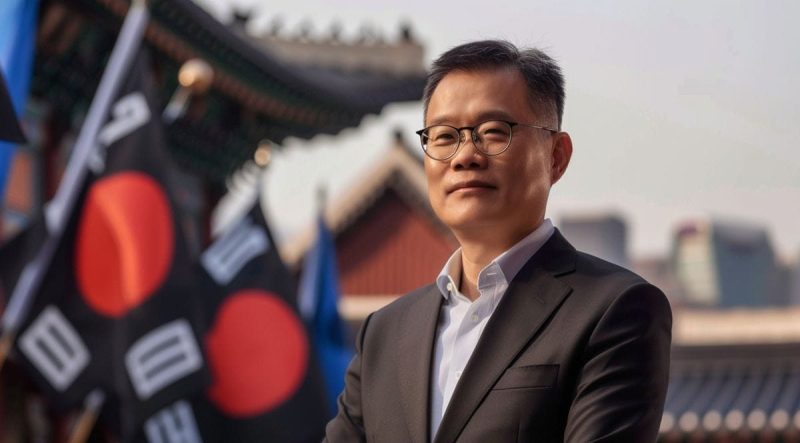In a covert operation aimed at breaking into the Korean market, Binance CEO Richard Teng recently undertook a secret mission to South Korea. The purpose? To engage directly with the country’s financial regulators over the deadlock surrounding its acquisition of Gopax, a local digital asset platform. This strategic move comes after Binance’s acquisition of Gopax in late 2022 hit a regulatory wall, with Korean authorities withholding approval for over a year.
Navigating Regulatory Hurdles
Binance’s journey to solidify its presence in South Korea has been anything but smooth. After acquiring Gopax with the intention of penetrating the Korean market, the company faced immediate regulatory pushback. Korean financial watchdogs balked at approving the change in Gopax’s virtual asset business report, a necessary step for the acquisition to proceed. In a bid to break this stalemate, Teng landed in Korea on March 27 for high-level discussions with the Financial Intelligence Unit (FIU) and other regulatory entities.
Overcoming Challenges and Assuming Responsibility
Binance’s interest in Gopax was partly motivated by the latter’s financial troubles following the FTX collapse, which left it unable to compensate affected users. Stepping in, Binance not only acquired a majority stake but also took on the responsibility to settle Gopax’s debts. Leon Singh Pung, previously at the helm of Binance Asia Pacific, was appointed CEO of Gopax in the aftermath, marking a significant leadership shift.
Despite submitting a detailed report to the FIU outlining the business changes post-acquisition, Binance’s efforts were met with hesitation. A subsequent leadership change and revised report did little to sway the FIU, underscoring the regulatory challenges Binance faces, partly fueled by global scrutiny, including a hefty $4.3 billion fine by the U.S. government.
